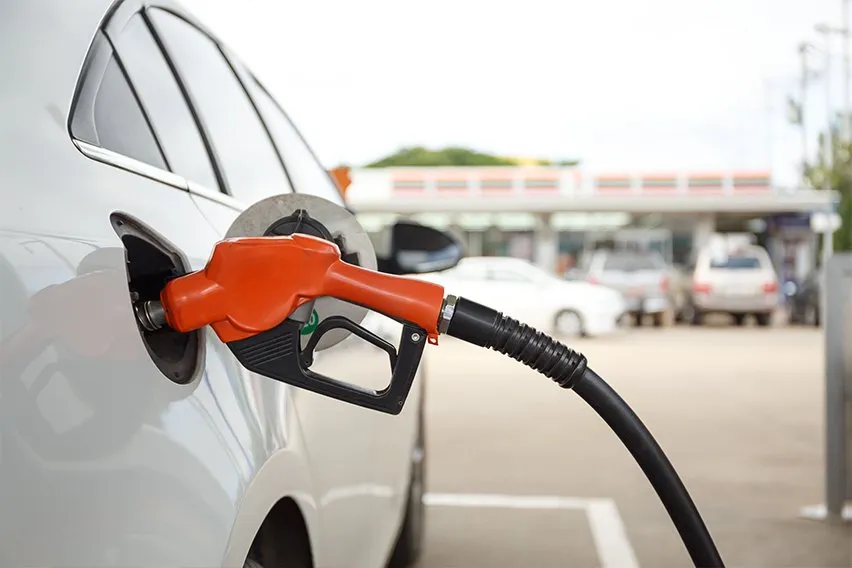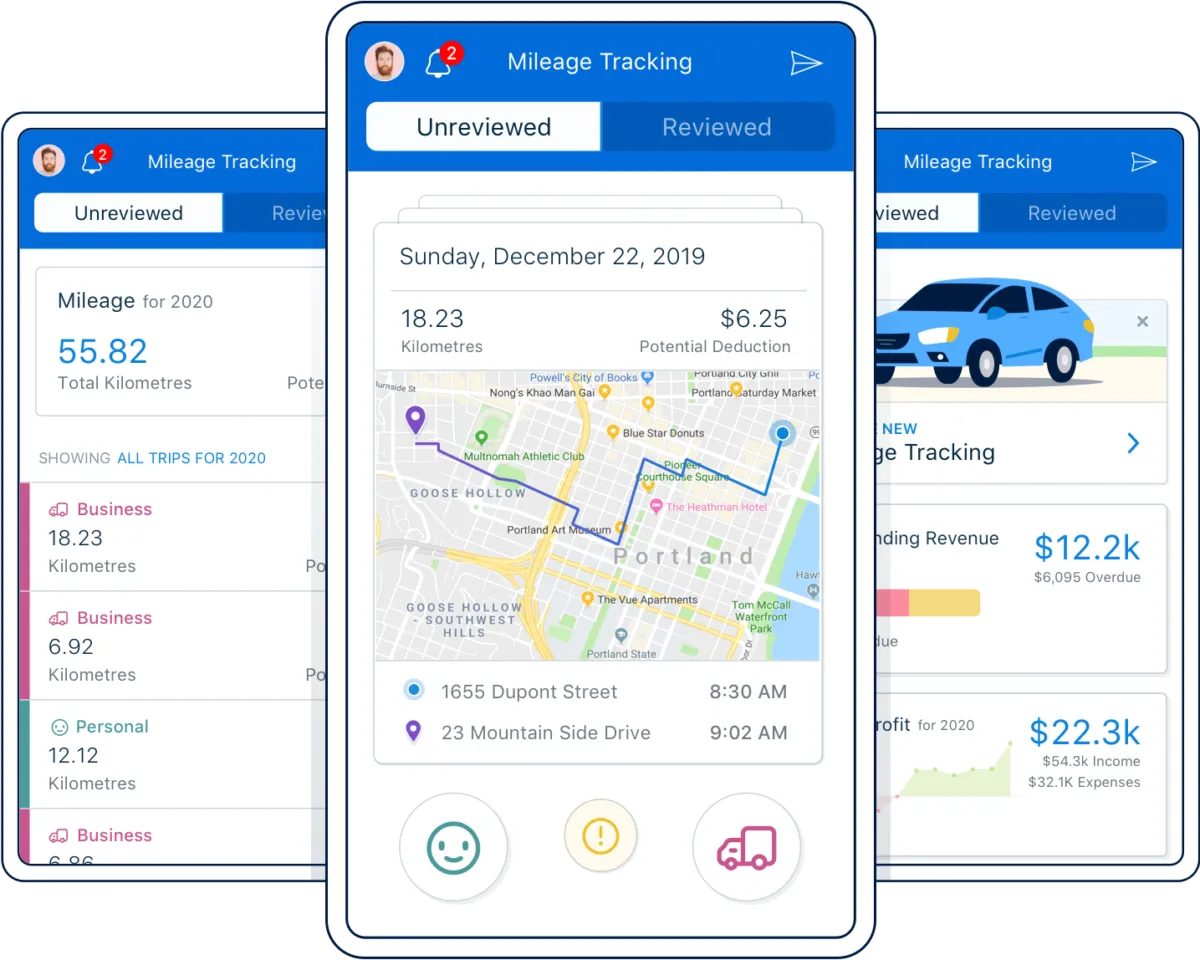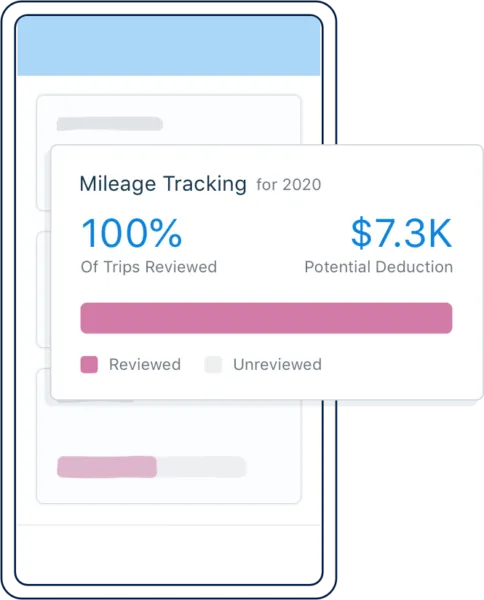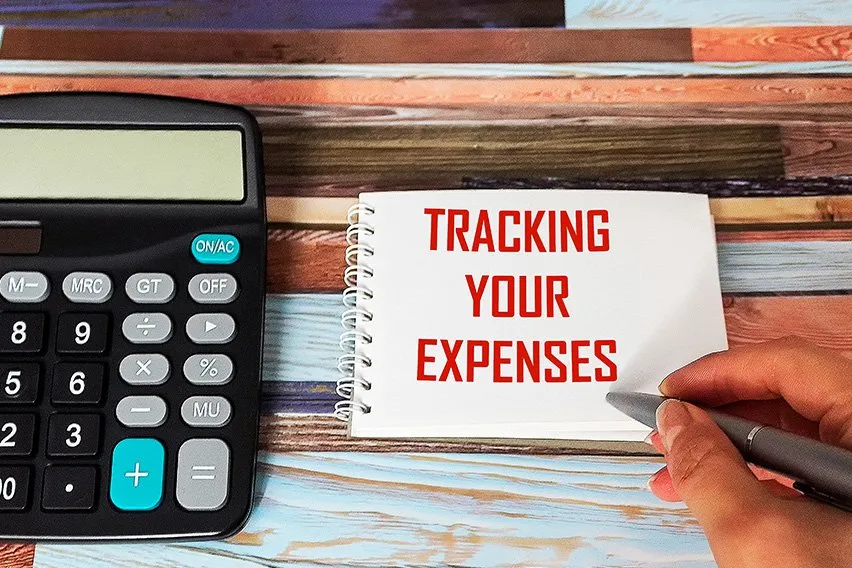How to Calculate Gas Mileage in the Right Way

As a small business owner, your vehicle must be as efficient as possible. While you can write fuel off if you use your car for your business, it’s always better to save money upfront.
However, not many people know how to determine gas mileage correctly. How do you know how much fuel has been used and then compare that to how many miles you have driven?
Fortunately, it doesn’t have to be difficult. You can use online gas mileage calculators or figure out how to calculate gas costs using the calculator on your phone.
Here’s what you need to know!
Key Takeaways
- Accurately assessing gas mileage is important when calculating your business write-offs.
- Understanding your gas costs can help you with business decisions, like determining when to purchase a new car.
- Factors like driving speed, the type and age of your car, and weather can all impact your gas mileage.
- A mileage tracker app can make it easier to record your business trips and calculate your fuel consumption.
Here’s What We’ll Cover:
Factors That Impact Gas Mileage
Calculate Your Gas Mileage Accurately
What Is Good Gas Mileage?
Gas mileage is measured in MPG, or miles per gallon. Previously, 35-40 MPG was considered standard, but today good fuel mileage is closer to 50-55 MPG. The higher your MPG, the better your gas mileage.
Multiple factors affect your MPG score, including the type of car you drive, whether or not you’re transporting equipment, the age of your car, and your driving style. Regular car maintenance, gentle acceleration, and avoiding aggressive turns can all help improve your gas mileage.

How to Calculate Gas Mileage?
So how do you find the number you’re looking for when it comes to fuel mileage? Here’s the right way to calculate it.
You’ll start when you fill up your gas tank. Make sure you fill it all the way, not partially. Then, either write down the odometer reading or set the trip odometer to zero.
From there, you’ll drive like you normally would. There’s no additional record-keeping if you use the car only for business. If you use the car for personal use and your company, you’ll want to write down how many miles you drive for business.
The next time you fill up your car with gas, fill it up all the way again. Note how many gallons it takes — that’s how many gallons of gas you use. Then take a look at how many miles you’ve driven. Divide the trip distance by the gallons, and you’ve got how many miles per gallon you get. That’s your gas mileage!
Tracking your car’s mileage is key to figuring out your gas mileage, but forgetting to check your odometer before every trip can be easy. FreshBooks’ mileage tracking app offers an easier way to track your trips. The app logs your travel history and categorizes trips as business or personal so you can record the distance you drive for work. Once you know how far you’ve gone, simply multiply your business travel distance by your MPG to find your write-offs. Sign up today to try FreshBooks’ mileage tracker app for free.

Formula to Calculate Gas Mileage
Here’s a simple formula for calculating your gas mileage:

If you have a specific number of miles you’ve driven for business, you can multiply your gas mileage by the number of business miles. This will give you the business-specific fuel cost for that timeframe.
It’s important to figure out your miles per gallon several times, preferably throughout the year. Many variables impact the number, and when you find it multiple times, you’ll get a good average gas mileage.
Why Does Gas Mileage Matter?
Why is it important to know the gas mileage of your car? Knowing how efficient your vehicle is helps you in several ways.
First, it can help you determine how much you’ll spend on gas for business purposes. If you use your car for business, you need to be able to forecast how much you’ll need to spend on various things, including gas prices. This variable cost can be challenging to determine if you don’t know your MPG.
Second, you can’t write off all the maintenance and costs of your vehicle on your taxes. Instead, you only need to count the portion that’s for business. The IRS allows you to use a standard write-off for business use. If you want to be more precise, you can figure out the specific cost of fuel. This means determining your gas mileage and multiplying that by the number of miles you drive for business.
Finally, knowing your current MPG can help determine if a new car is a good investment for your business. Comparing the new car’s miles per gallon with your current car will help you determine part of the return on your investment.
Of course, it always helps to get better gas prices, regardless of your mileage. That’s where an app like GasBuddy can make a big difference.
Factors That Impact Gas Mileage
You might think your car will always get the same miles per gallon, but that isn’t true. Different road conditions and other factors can dramatically impact your fuel mileage. Here are a few to keep in mind.
The Type of Driving. If you make a lot of short trips during one of your measurement periods, you’ll get lower miles-per-gallon than if you did a lot of long-distance driving. Starting and stopping the engine uses a lot of fuel.
Wind Resistance. Any type of air drag will decrease the efficiency of your vehicle. That means driving with your windows down on a nice day can make your car less fuel-efficient. Having a roof rack or ski rack creates drag as well. Sometimes it’s worth it, but remember that your gas mileage will be affected.
Inefficient Speeds. The best speed for fuel economy is between 40 — 55 mph. Once you start going faster than 60, fuel economy will drop. Because most highways have a speed limit of 65+, that means that highway driving can be less fuel-efficient than driving on other types of roads.
Extra Weight in the Car. Everyone keeps a spare tire in the trunk, but if you carry a lot of heavy equipment, you’ll get a lower gas mileage than a vehicle without the extra weight. Additional fuel drains include accessories like air conditioning which use more energy than driving.

Calculate Your Gas Mileage Accurately
Knowing your specific gas mileage can help you make more fuel-efficient decisions. It can also determine your fuel usage for taxes and help you decide if a new car is worthwhile. Calculating gas costs accurately can make a big difference in your vehicle’s longevity and your bank account at the end of the month.

Conclusion
Knowing how to calculate your fuel mileage is essential for managing several expenses in your business. The IRA allows for a certain amount of gas mileage as a business expense, so tracking your mileage can help you make the most of your tax write-offs. Knowing how efficient your car is on gas also enables you to assess whether it makes sense to purchase a new vehicle.
Multiple factors affect your gas mileage, including the type and age of your car, any extra weight you’re carrying, and your driving style. Today, a gas mileage rating of 50-55 MPG or higher is considered good.
FAQs on How to Calculate Fuel Mileage
How do I calculate the gas cost for a trip?
To calculate the estimated cost of gas for a trip, calculate the miles driven and divide it by your MPG to get the total number of gallons used. Then multiply this by the price of gas for your total trip cost.
How do you calculate fuel cost per hour?
Begin by calculating your total fuel cost for the trip, then divide that by the time it took to complete the journey. Remember that factors like driving speed, different vehicles, and weather will impact your MPG.
How do you figure out miles per gallon?
You can calculate your gas mileage by dividing the total miles driven by the gallons used. Remember to check your odometer at the beginning and end of the trip and to check your gas gauge, so you know how much fuel you used.
How do I manually calculate mpg?
Manually calculating MPG is similar to using an app–simply check your odometer and gas gauge to see how far you’ve driven and how much gas you’ve used, then divide the distance by the number of gallows to get MPG.
How can I get better gas mileage?
Carrying less weight in your car, accelerating gently, and driving between 55-65 mph all help to improve fuel efficiency. Older cars will generally have lower gas mileage, so there may come a time when it becomes more economical to purchase a new car.
Reviewed by
Michelle Alexander is a CPA and implementation consultant for Artificial Intelligence-powered financial risk discovery technology. She has a Master's of Professional Accounting from the University of Saskatchewan, and has worked in external audit compliance and various finance roles for Government and Big 4. In her spare time you’ll find her traveling the world, shopping for antique jewelry, and painting watercolour floral arrangements.
RELATED ARTICLES


 IRS Mileage Rates: 2025 Guide for the Self-Employed
IRS Mileage Rates: 2025 Guide for the Self-Employed How Mileage Reimbursement Works: An Extensive Guide
How Mileage Reimbursement Works: An Extensive Guide Smart Ways to Track Expenses As a Freelancer
Smart Ways to Track Expenses As a Freelancer How Much Can You Write Off for Meals and Entertainment?
How Much Can You Write Off for Meals and Entertainment? How to Keep Track of Business Expenses in 8 Steps (2025 Guide)
How to Keep Track of Business Expenses in 8 Steps (2025 Guide)